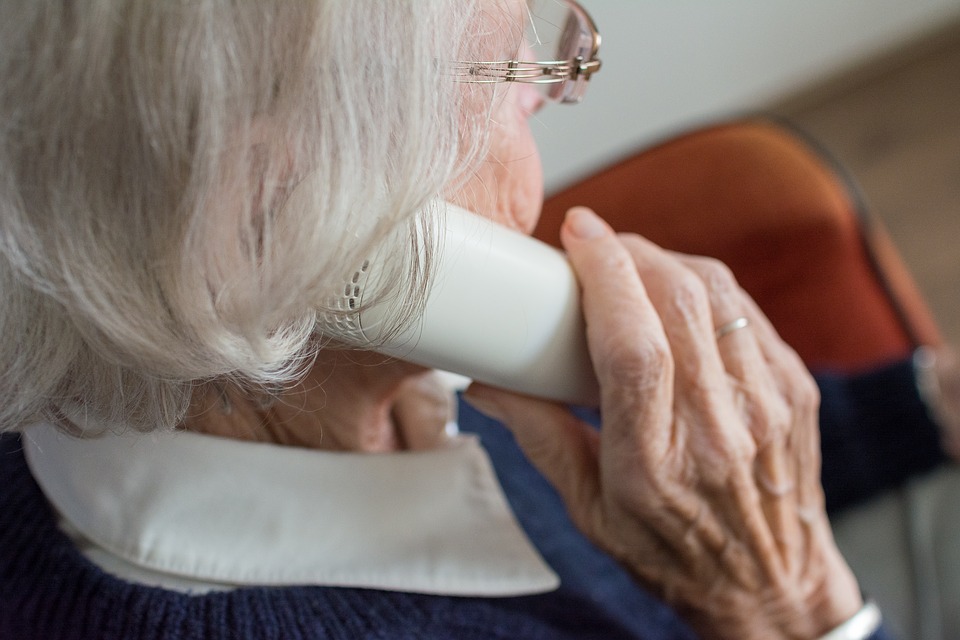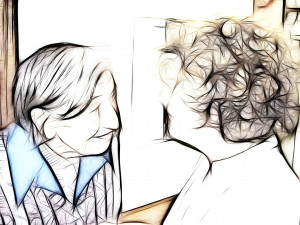A recap of tips shared in this month’s class, “Personality & Behavior Changes – Why and How to Respond”
By Staff Blogger / May, 2019
Too often, people forget that with every Alzheimer’s patient, there is a caregiver, often a loved one of the patient, who is going through their own set of difficulties. One of the greatest challenges caregivers experience is dealing with and communicating with your patient; we have to adapt in the way we speak and communicate, because those with Alzheimer’s and dementia cannot.
When it comes to caring for someone with memory loss, it is helpful to implement the IDEA! strategy:
IDentify the problem/challenging behavior
- What is the behavior that is challenging for you to deal with?
- Be specific. Can you see it? All behavior has meaning
Educate yourself and explore
- Understand the cause of the behavior
- Health: Is the person taking new medications, getting sick, or in pain?
- Environment: is it too noisy? Too hot? Is the place unfamiliar?
- Task: is the task they’re doing too hard? Are there too many steps? Is it new to them?
- Communication: Is it hard for the person to speak of understand?
Adapt
- Try different things. Pay attention to the person’s feelings. Practice being calm, gentle, and reassuring.
- Address the cause/triggers of the behavior by keeping tasks simple and the environment calm and quiet, speaking slowly and gently
- Distract or redirect by offering the person other simple tasks or activities they like
Below is a helpful video that shows the IDEA! strategy being utilized in a real-life setting, complete with advice from an expert:
The IDEA! tool is one of many strategies we want to share with caregivers, new or experienced, to help them navigate through their caregiving journeys. However, one of the simplest yet most important and often overlooked tip, is this one: to remember to breathe.
We often teach caregivers that in order for them to take care of their loved ones, they must first take care of themselves. Caregivers face difficult work that can be both physically and emotional laboring; researchers often describe caregivers to be in a state of “sustained vigilance,” meaning that they operate like machines that can never turn off, which leads to the development of chronic stress and other health issues.
It is easier said than done, but it is critical for caregivers to take a moment and remember to breathe, and to know that there are support systems available to help them with their own needs that are often overshadowed. The needed care for an Alzheimer’s patient is always important – but it is also important to think of the hands and heart that are providing that care.
The information and video shown above are all taken from our class on Personality & Behavior Changes offered at Alzheimer’s Orange County. Learn more about Alzheimer’s Orange County’s services and other programs and events offered at www.alzoc.org



